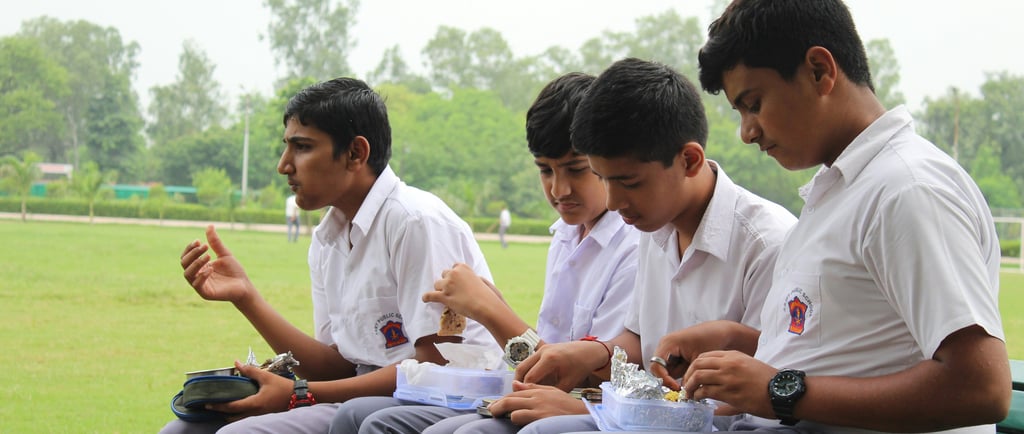Highs and Hazards: The Shocking Rise of Recreational Drug Use Among Indian Students
Explore the shocking rise of recreational drug use among Indian students. Learn the causes, dangers, and what we can do to protect our youth. A must-read blog on youth addiction trends in India.
Anurag Singh
7/12/20252 min read


Introduction: A Generation on the Edge
Behind the smiles of India’s student population lies a growing crisis — the rising misuse of recreational drugs among students in schools, colleges, and universities. What once used to be a shadowy issue is now creeping into the mainstream, affecting lives, futures, and even national progress. From metro cities like Delhi and Mumbai to smaller towns, substance abuse among students is rising at an alarming rate.
It’s time to dig deeper into what’s driving this dangerous trend and how we can stop it before it’s too late.
Why Are Indian Students Turning to Drugs?
Academic Pressure & Stress:
India’s hyper-competitive education system leaves students with immense anxiety and fear of failure. For many, recreational drugs offer an escape from this relentless stress.Influence of Social Media & Pop Culture:
Platforms like Instagram, YouTube, and music videos often glamorize drug use. Students, seeking identity and freedom, are quick to imitate.Peer Pressure & Curiosity:
Being accepted in social groups can push students to experiment with marijuana, ecstasy, LSD, and even prescription pills like Adderall or painkillers.Easy Access to Drugs:
From darknet apps to local dealers near campuses, access to substances has become shockingly simple.
Popular Drugs Misused by Students in India
Cannabis (weed/ganja)
MDMA (Ecstasy)
LSD
Prescription opioids and ADHD drugs
Alcohol (underage)
These are often disguised as safe or “party” substances, but their long-term impacts are devastating.
Consequences: From Addiction to Arrest
Academic Downfall: Drug use often leads to poor focus, absenteeism, and dropping out.
Mental Health Damage: Depression, anxiety, psychosis, and suicidal tendencies are common outcomes.
Legal Trouble: Under the NDPS Act, possession can lead to arrest and jail, destroying a young person’s career before it begins.
Family Trauma: Most parents don’t recognize the signs until it’s too late — addiction affects entire households.
What Can Be Done?
Awareness Campaigns in Schools & Colleges: Conduct regular workshops with real stories, videos, and expert guidance.
Mental Health Support: Easy access to counseling can save lives.
Stronger Parent-Child Communication: Watch for behavioral changes, isolation, or mood swings.
Youth-led Movements: Empowering students to speak against drug use creates peer accountability.
Final Thoughts: Time to Wake Up
The drug menace among Indian students isn’t a hidden issue anymore. It’s loud, visible, and dangerous. If we don’t act now — as educators, parents, policy-makers, and peers — we’ll lose a generation of bright minds to addiction.
Let’s build a future where India’s youth choose passion over pills, clarity over intoxication, and dreams over drugs.